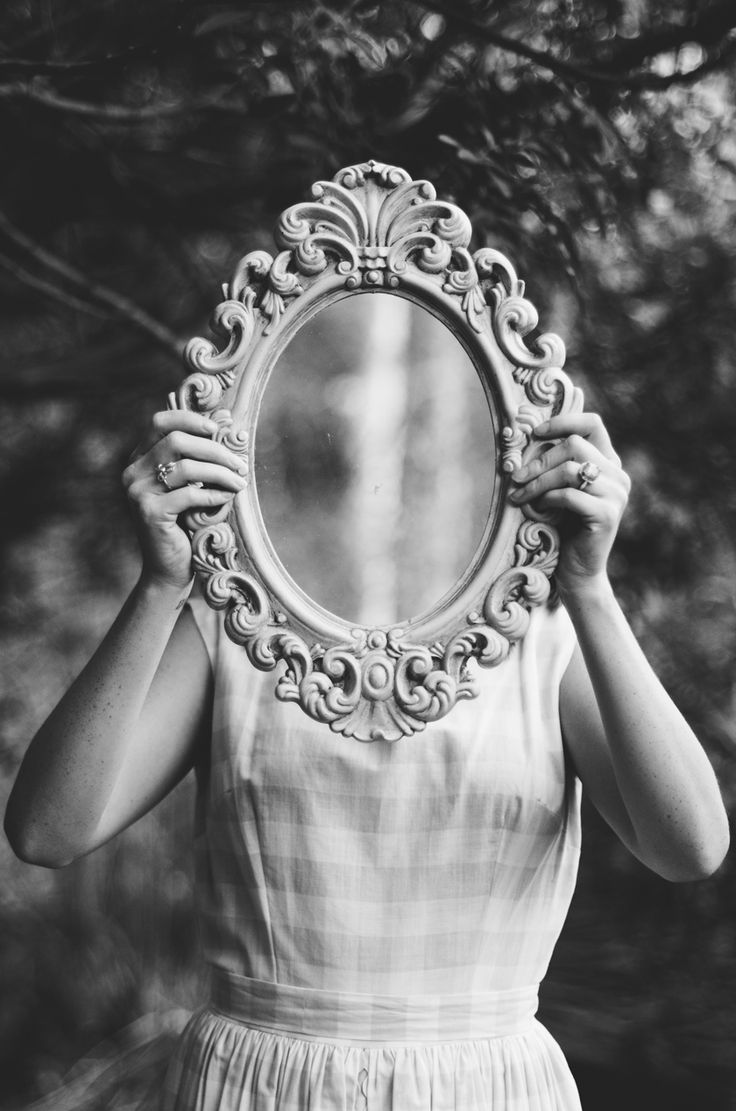Spieglen, Spieglen an der Wand
Wer ist die Schönste im ganzen Land?
— from Snow White
These words are perhaps the most famous in children’s literature. Translated to English, they read: “Mirror, mirror on the wall / Who is the fairest one of all?” (literally, in all the kingdom). The queen uttered these words, and she was always greeted with the favorable answer, “Ihr seid die Schönste” (“You are the fairest”). Till one day, things changed.
Humanity may not be as vain as the queen in this oft-told fairy tale, but we do have an obsessive relationship with the mirror. It is difficult for example for us to think about our lives without thinking about how we are perceived in them. No matter how much we may be dedicated to the pursuit of happiness, we know how we live matters. We know we were meant to be more than just happy; we were meant to be beautiful.
And no matter where we fall on the political spectrum, we feel that this is true not only for ourselves individually but for humanity as a whole. In a recent poll conducted by Pew Research Center, forty percent of Millennials said the government should make illegal any free speech that may be considered offensive to minority groups.
In contrast, the authors of the Constitution penned the following words two centuries ago: “Congress shall make no law . . . prohibiting the free exercise [of religion] or abridging the freedom of speech, or of the press.”
Though very different, these viewpoints have something in common. Both represent a vision for society, a commitment to creating a better world. We believe — many of us strongly — that society should act and function in a certain way. And our reasons go beyond what is personally advantageous to us. We are committed to the idea that humanity, too, should be beautiful.
But politics aside, we do have a rather troubled history with the mirror. For there is one thing a mirror cannot do: it cannot change what we see. It can only show what is.
Now in the case of the Queen, the mirror also told her that there was one more beautiful that she, and to an extent every mirror functions in this manner. In it, we not only see what is but what should be. We may see ourselves, but we may also hear, “Ah, but there is one more beautiful still.” Like the queen, we do not see our own beauty. We only see the gap between what we are and what we could be, or perhaps what we, compared to a human beings in all its perfection, were meant to be.
What makes the mirror so troubling is that none of us can stand the idea that we are not beautiful. We may call the queen vain, but that is because her idea of beauty was only skin-deep, and we know true beauty runs much deeper. We may accept we are less than beautiful on the outside because we know our beauty lies elsewhere. But none of us can survive the thought that our beauty lies nowhere.
The dreadful reality of the Christian life is that God Himself is the Ultimate Mirror, transcending both outward appearance and inward realities, where our deepest secrets lie. We fear what He sees, and what He may reflect back to us. We dread to hear the words, “There is One more fair than thee.” We fear we are altogether unlovely, even condemnable.
But the paradoxical beauty of the Christian life is that through the death of Jesus Christ, we become all the beauty we do not otherwise possess. Through a forgiveness that transcends both outward and inward realities, He removes from us all that is not beautiful.
And then he does (or better put, has done) something quite incredible: “Having canceled [all] which stood against us and condemned us; he has taken it away, nailing it to the Cross.” (Colossians 2:14). Jesus has shattered the mirror, and has Himself become our reflection, imputing to us the beauty that He Himself possesses.
The mistake we often make as children of God is believing that the Cross has somehow left us less than beautiful. Like the queen, we are still haunted by the idea that we are unlovely.
And in our quiet desperation to make ourselves beautiful, we cling to the mirror, hoping it has some magical quality to change us. We focus on all that is within us that is not lovely, thinking that doing so will somehow make us lovely.
But in Christianity we only become more beautiful by understanding how beautiful in Christ we already are. This is not mere power of positive thinking. Rather, without understanding how beautiful we are before God, our intimate relationship in Christ cannot get off the ground. We will remain hidden from Him, trying to find a place in His Kingdom by our own efforts. And like the queen, we will be driven to eliminate from our kingdom anyone or anything more beautiful than we are.
But the queen need not fear, for in Christ she finds within herself the very one she seeks. To her question, the only voice she hears now says, “There is one more fair, and it is thee.”


Really well said. 🙂
I wrote a whole post around your post. Hope you don’t mind. 🙂
https://insanitybytes2.wordpress.com/2017/06/02/mirrors-and-conundrums/
Not at all! Thanks for the link, the article and the opportunity to demolish an skeptic argument on your blog site 🙂